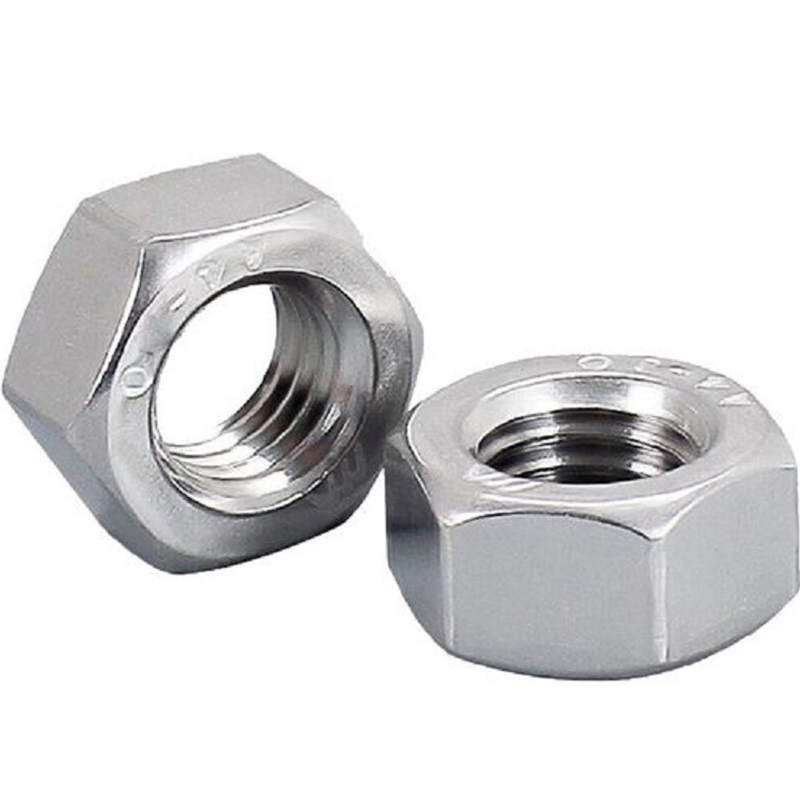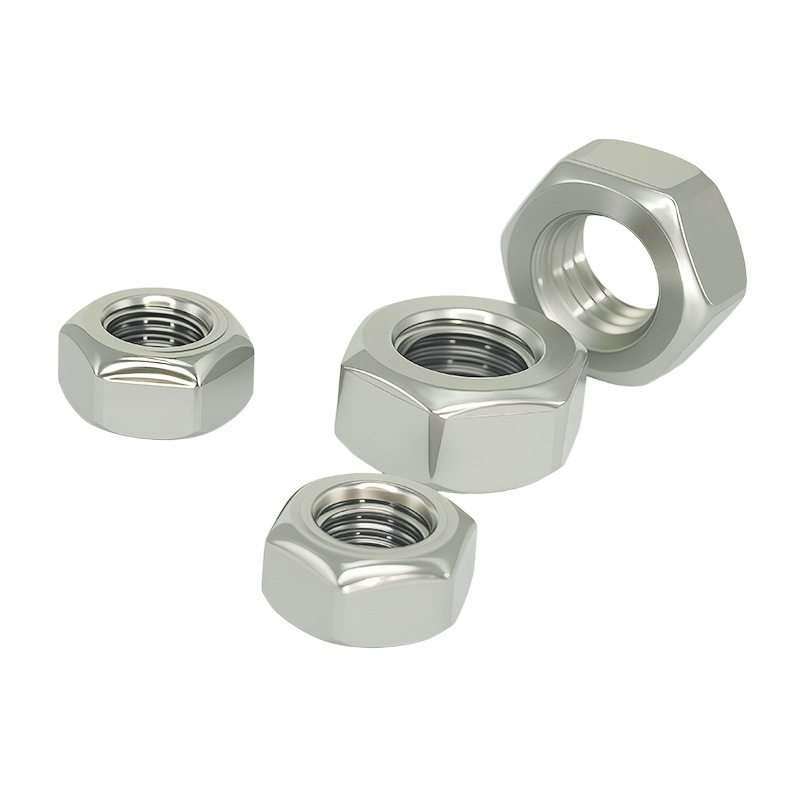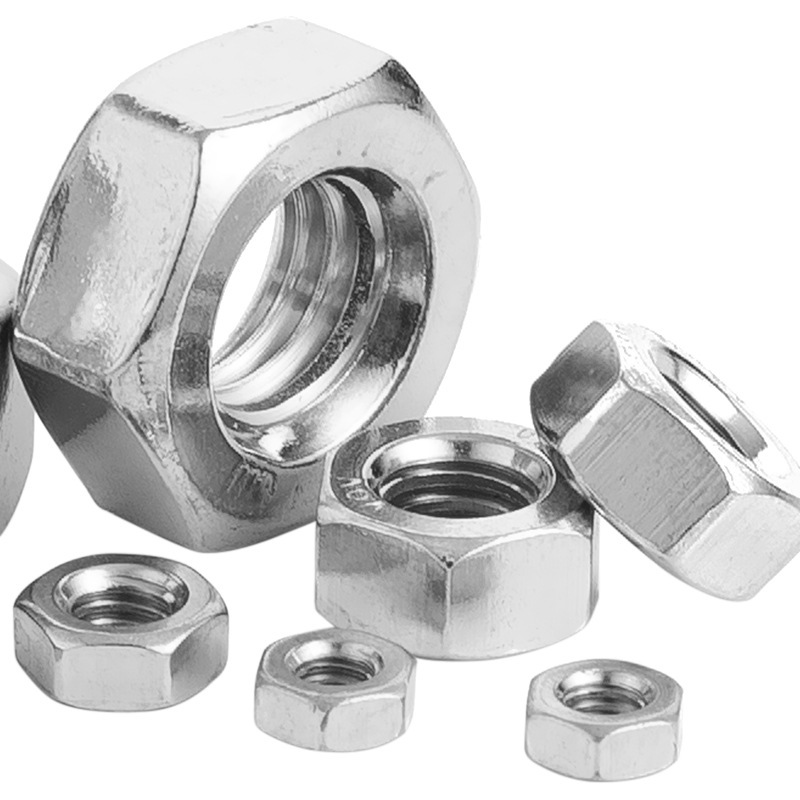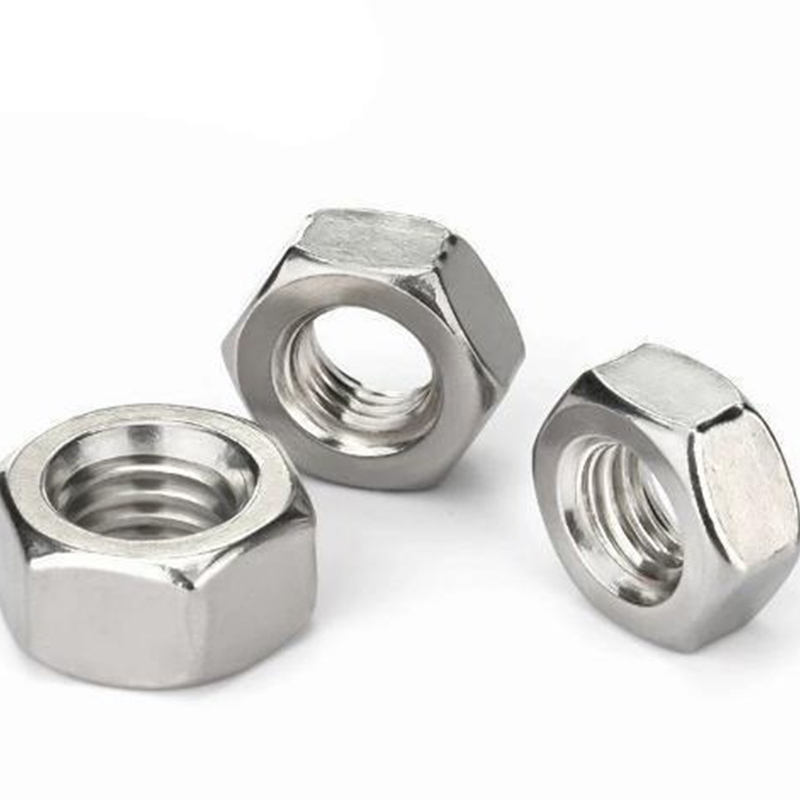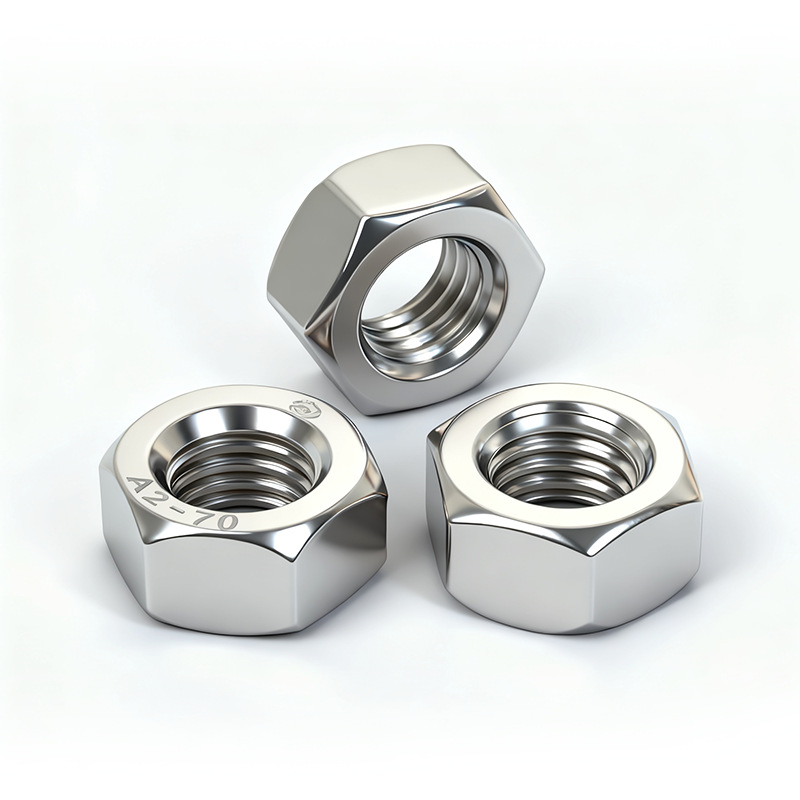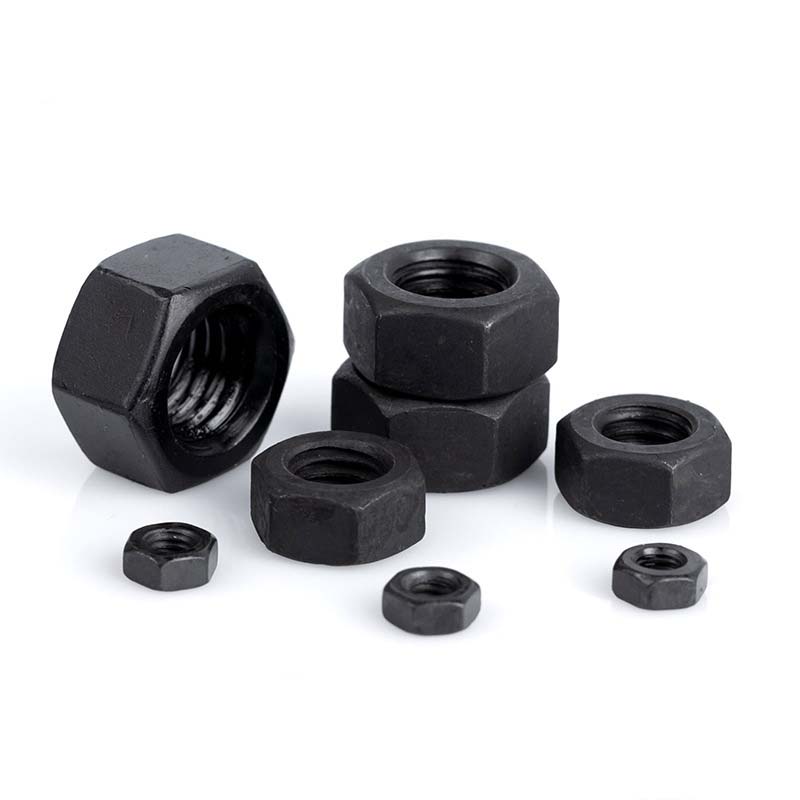Torque Type Hexagon Nuts
Send Inquiry
Torque type hexagon nuts are more suitable for use in small spaces and harsh environments than ordinary nuts. They are small in size and have strong locking force. They can handle harsh working conditions, meet global standards, and have fewer parts, thus saving costs. Torque type hexagon nuts can prevent loosening due to vibration and are suitable for small spaces. They are durable and reduce long-term costs.

Advantages
The torque type hexagon nuts is a locking nut that stays tight in shaky situations. Looks like a regular hex nut but flatter, saving space. Inside, it has a built-in locking feature—like nylon inserts, twisted threads, or small dents—that creates friction when you tighten it. This stops it from loosening over time. Great for tight spaces or weight-sensitive areas since you don’t need extra washers or glue. Follows standards like DIN 980 and ISO 7040, so torque type nuts are often used for tightening in cars, planes, and heavy machinery.

FAQ
Q: What international standards does the torque type hexagon thin nut comply with, and how can we ensure their quality?
A:The torque type hexagon nuts follows standards like DIN 980, ISO 7040, and ASME B18.2.2. This ensures they’re the right size, strong enough, and work with other parts. Meeting these standards means the nut holds torque well, threads fit properly, and handles heavy loads. The standards also check materials (like stainless steel A2/A4 or carbon steel grade 10) and coatings (zinc plating or Dacromet®). Since torque type hexagon nuts meet certifications like RoHS and REACH, they’re used in regulated sectors like cars and planes, giving customers confidence in safety and durability.
|
Market |
Total Revenue (%) |
|
North America |
20 |
|
South America |
4 |
|
Eastern Europe |
24 |
|
Southeast Asia |
2 |
|
Africa |
2 |
|
Oceania |
1 |
|
Mid East |
4 |
|
Eastern Asia |
13 |
|
Western Europe |
18 |
|
Central America |
6 |
|
Northern Europe |
2 |
|
Southern Europe |
1 |
|
South Asia |
4 |
|
Domestic Market |
5 |







